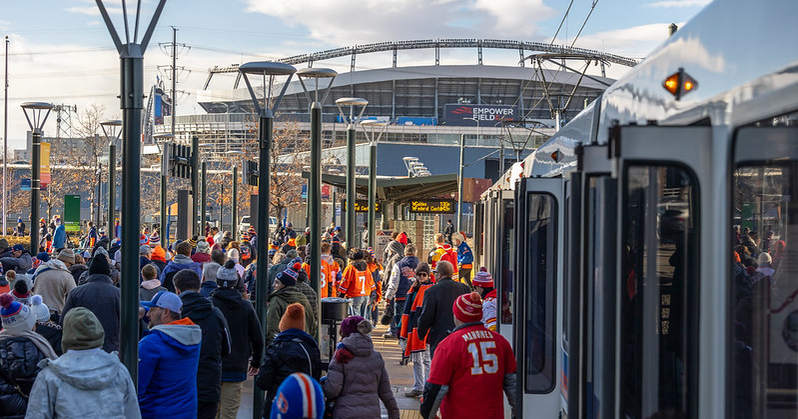CTA operator had alcohol in system at time of 2023 Yellow Line train crash, NTSB report says
CHICAGO (CBS)—The National Transportation Safety Board released its latest finding on the CTA Yellow train crash last year, which injured dozens and led to multiple lawsuits against the agency.
The report was released over the last 24 hours from the federal agency. According to the report, the train operator had a blood alcohol level that was over the legal limit.
The two-car train crashed into a snow plow around 10:30 a.m. on Nov. 17 on the main tracks adjacent to the Howard rail yard in Rogers Park, leaving 38 people hurt, including seven CTA employees. Twenty-three of them were taken to area hospitals, with over 15 ambulances called to the scene.
The investigation started immediately after, and a blood specimen was collected from the train operator less than an hour later, at 11:20 a.m. that morning.
The NTSB report said hospital testing of the 47-year-old train operator detected a blood alcohol level of .06. The legal limit for train operators is .02.
Last year, NTSB chair Jennifer Homendy said the investigation team determined a design flaw resulted in the crash—causing the train's braking distance to be 1,780 feet, about 1,000 feet shorter than that of newer systems.
Four lawsuits were filed in the crash, all by the Clifford Law Offices. Those suits claimed the crash was preventable.
CTA released a statement on the finding:
The NTSB's longstanding protocol related to incidents is that the entities involved do not discuss any specifics of an ongoing investigation, and that all media inquiries about the incident be directed to that agency. We respect and will continue to follow the NTSB protocol.
The CTA takes the safety of its employees and passengers extremely seriously. CTA's drug and alcohol policy and testing program for safety-sensitive employees, such as its rail and bus operators, complies with all federal regulations. CTA has several measures in place to monitor employee compliance with its policy to promote a drug and alcohol free workplace.
Safety-sensitive employees are subject to pre-employment and return to duty testing. If there is reasonable suspicion an employee is under the influence while on duty, they are also subject to drug/alcohol testing. In compliance with federal law, CTA also conducts roughly 350-450 random drug and alcohol tests of its safety-sensitive employees each month. Employees involved in accidents are subject to post-accident drug/alcohol testing.
When reviewing information contained in this medical report, it is important to put it in context with the NTSB's preliminary report issued in December, which states:
"The operator [of the incident train] immediately initiated a full-service braking application to stop the train. The operator then saw the snow removal machine and initiated an emergency braking application. …."
The CTA continues to work closely with the NTSB as they continue their investigation into the Yellow Line collision last November.
The operator in question remains out of service.
CTA Yellow Line service resumed operations in January. It's not clear what's next in the investigation or if that train operator will face any charges.







